Youth today have the most at stake when it comes to the climate crisis, as they will inherit the consequences of today's actions and inactions. To build real engagement on climate change among youth, it is critical to cultivate both mindfulness and a sense of citizenship. With global progress on the SDGs lagging, eco-anxiety is placing an ever-tightening grip on young minds. The term eco-anxiety emerged in social media in 2008 (Pihakala, 2020). Eco-anxiety is a chronic fear of environmental doom or the generalized sense that the ecological foundations of existence are in the process of collapse (Pihakala ,2020). A major impact of eco-anxiety is distress, worry, fears, and anxieties generated by human inaction towards climate change. Anxiety activates us to learn more and makes people reflect more and focus (Ojala, 2013). Without these emotions, we will not be motivated to think critically to find a solution (Ojala, 2013). However, these negative feelings must be acknowledged first (Ojala, 2013). If so, how do we acknowledge these negative feelings and transform them to positive climate action through informed pedagogical approaches in the non-formal, informal and formal spaces. Therefore getting connected to oneselves and being mindful of our actions is a big part of being climate advocates.
This webinar will help us to gain insights on the importance of educating mindfully. Mindfulness as both an ontology and practice—supports youth in developing an awareness and understanding of one's thoughts and surroundings—helping youth better understand the scale and urgency of the climate challenge in a direct, visceral way. At the same time, fostering a sense of citizenship, where youth see themselves as active participants in society with a responsibility to others, gives them a sense of agency and motivation to take action. By combining mindfulness of the problem with a sense of citizenship and responsibility to act, youth can become a powerful force for driving climate solutions. We will also learn about philosophies about the links between sustainability and Social Emotional Learning (SEL) and that has shaped this field. The participants will learn about pedagogical techniques to incorporate educating mindfully in classrooms and in the community.
This brings two academic fields sustainability and mindfulness together. Coming to terms with “earth emotions” as Glenn Albrecht refers to. In this session, we will hear spiritual perspectives, psychological perspectives and how they interact with mindfulness and sustainability. The essential question that the panelists will discuss are:
Being mindful is a skill that is taught in schools with a Social-Emotional lens - in what ways is it linked to the environment?
How are communities and schools addressing eco-anxiety? What are some of the gaps?
What are some tools that will help to translate “earth emotions” to being positive and motivational?
What are some pedagogical tools that will help to translate positive emotions towards education for sustainability.
Background:
The North American EcoInnovation Network in partnership with the Columbia Climate School are excited to invite you to attend the first webinar in our six-part series titled “Forging Youth-Led Innovation for the SDGs”. To kick-start our discussions, this introductory event seeks to build on Mission 4.7 of the United Nations Sustainable Development goals. Under the lens of “Transformative” Education for Sustainable Development (ESD), we seek to bring together thought leaders across all sectors to discuss: 1) why transformative approaches to education are imperative to delivering the entrepreneurial capabilities, and 2) how they can be leveraged deepen youth engagement so to foster the type of entrepreneurial values, knowledge, and capabilities necessary to achieve the goals outlined in the 2030 Agenda.
While transformative education applies to learners of all ages and levels, it is our belief that young people are the keystone agents for social change and eco-innovation. This warrants a continued emphasis and tailored approaches to designing and deploying educational opportunities that create spaces for climate leaders to emerge in the classroom and in their communities.

